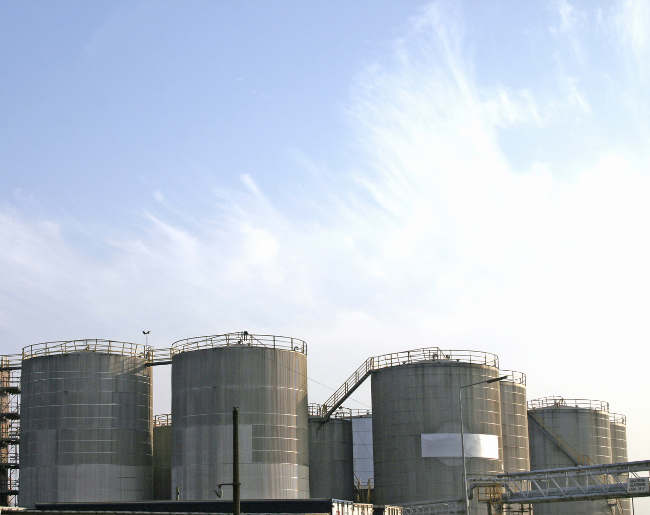Home > News & Events > Chemical Safety Board investigator shares insights from two high-profile environmental incidents

Chemical Safety Board investigator shares insights from two high-profile environmental incidents
July 15, 2014
A fertilizer plant surrounded by homes, schools, and a hospital. A chemical tank that was externally examined but not drained of liquid for a more thorough inspection. These were some of the factors that contributed to two recent environmental disasters that affected thousands of Americans and, in one case, caused 15 deaths and more than 200 injuries.
At a recent presentation at Thompson Coburn’s St. Louis office, Johnnie Banks, the lead federal investigator of the U.S. Chemical Safety and Hazard Investigation Board’s Washington, D.C., office, talked about the agency’s work investigating both the West, Texas, fertilizer plant explosion and the Charleston, W.V., chemical spill that tainted the water supply for 300,000 people.
Peter Strassner, co-chair of Thompson Coburn’s Environmental group, co-authored a recent article about Banks’ presentation, “Chemical Safety Board investigator outlines discoveries from West Fertilizer, Charleston water incidents.”
Banks gave the presentation to the EHS Leaders’ Network, a group of leading environmental, health and safety professionals from companies and institutions from across the Midwest.
The U.S. Chemical Safety Board is an independent federal agency that investigates major chemical accidents, conducts safety studies, and issues recommendations to stakeholders, including the EPA and OSHA.
“We don’t have an enforcement function,” Banks said. “We’re tasked with finding the root causes of an incident. When we put up our tents on a site, we typically start asking, ‘Why, why, why,’ and drill down. It’s not just because a worker didn’t pull a switch, for example. Was it a training issue? A personnel issue? We dig deeper and go beyond human error.”
